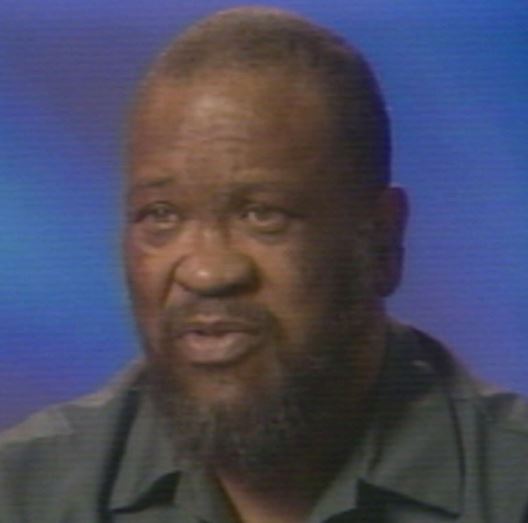
b: 1941
Lemuel Warren Smith
Summary
Name:
Years Active:
1958 - 1981Birth:
July 23, 1941Status:
ImprisonedClass:
Serial KillerVictims:
6Method:
Beating / StrangulationNationality:
USA
b: 1941
Lemuel Warren Smith
Summary: Serial Killer
Name:
Lemuel Warren SmithStatus:
ImprisonedVictims:
6Method:
Beating / StrangulationNationality:
USABirth:
July 23, 1941Years Active:
1958 - 1981Date Convicted:
April 21, 1983bio
Lemuel Warren Smith was born on July 23, 1941, in Amsterdam, New York. He grew up in a very religious household. His family took their faith seriously, which played a significant role in his early life. As he grew up, he began to show signs of troubling behavior. During later claims of insanity, Smith mentioned an incident from his childhood when he was 11 years old. He stated that he nearly smothered a nine-year-old girl. However, this claim was never proven.
On January 21, 1958, a woman named Dorothy Waterstreet was found robbed and beaten to death near Smith's home. He was 16 years old at the time. Although evidence pointed to Smith, the police could not build a strong case against him. The district attorney rushed to get a confession, which led to the case falling apart, and Smith was not arrested.
murder story
During the summer after his earlier convictions, Lemuel Smith moved to Baltimore, Maryland. There, he kidnapped a 25-year-old woman and almost beat her to death. A witness interrupted the attack, which led to Smith's arrest. On April 12, 1959, he was sentenced to 20 years in prison for assault.
After nearly a decade, Smith was paroled in May 1968 and returned to the Capital District. On May 20, 1969, he abducted and sexually assaulted a woman, but she escaped due to the bravery of a nearby couple. Later that same day, he attacked a 46-year-old woman who was a friend of his mother. After convincing him to let her go, he was arrested again and sentenced to 4 to 15 years in prison.
Smith was released in October 1976 after serving a little over four years. Just a month later, on November 24, 1976, Robert Hedderman and his secretary, Margaret Byron, were found murdered in Hedderman's store in Albany. Evidence connected Smith to the crime, making him a key suspect.
On December 23, 1976, as police investigated the double murder, Smith raped and murdered a 24-year-old woman named Joan Richburg in her car. He remained free for some time despite mounting evidence against him. On January 10, 1977, he attempted to lure a young woman from a gift shop, and when she resisted, he assaulted her 60-year-old grandmother.
While murder investigations stalled, Maralie Wilson, 30, was found dead near train tracks in Schenectady on July 22, 1977, showing signs of horrific mutilation. Smith became the prime suspect as witnesses described him in the area. On August 19, 1977, he kidnapped and raped 18-year-old Marianne Maggio. The police intervened, leading to his arrest.
Shortly after his arrest, police noted a bite mark on Wilson's body, which was later matched to Smith. In late October 1977, a police dog tracked a scent from the murder scene to Smith, adding to the evidence against him. On March 5, 1978, Smith confessed to five murders, hoping to convince authorities of his insanity.
Smith's claims of mental illness included a belief that he was influenced by the spirit of his deceased brother. Though he was found guilty of kidnapping and rape in separate trials, he was also indicted for the double murder of Hedderman and Byron. After being found guilty in 1979, he received a sentence of 50 years to life.
In Green Haven Correctional Facility in 1981, Smith murdered corrections officer Donna Payant. Her body was discovered in a dumpster after an extensive search. This murder caused a significant response from law enforcement, as it was unprecedented for a female corrections officer to be killed in prison. Bite mark evidence linked Smith to Payant’s murder, and he was indicted on June 6, 1981.
Lawyers representing him tried to challenge the evidence, but it stood firm through the trial. Sentenced to death on June 10, 1983, he later appealed and had his sentence commuted to life in prison. For the next twenty years, Smith lived in near-isolation, which was noted as the longest span of such treatment in the nation at that time. As of December 2022, he remains incarcerated at Wende Correctional Facility.